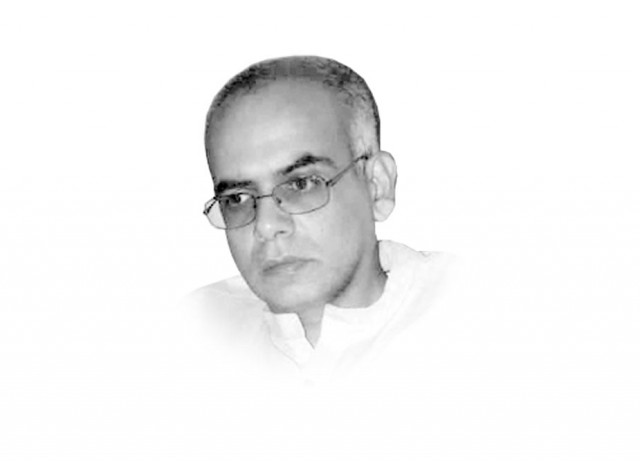Spurious medicines
The production of counterfeit drugs is in fact emerging as a worldwide dilemma.

Given the dearth of public health financing and the absence of a national health insurance programme, the average citizen in our country is compelled to buy medicines out of their own pockets. Poor Pakistanis are estimated to spend about 77 per cent of their household’s health budgets on medicines alone and nearly half are fake or unfit for human consumption.
The interior minister recognised the extent of this problem when this issue was taken up in the National Assembly, two years ago. Our parliamentarians have passed a resolution to take action against those selling substandard or spurious medicine. Besides the Drug Court, a Drug Control Organisation has also been set up in the Federal Ministry of Health. Yet, in spite of all these seemingly reassuring measures, the ground realities provide ample cause for concern. How else could a pharmaceutical company with an expired license have been found to supply medicines in the open market and specialised medical facilities like the Punjab Institute of Cardiology (PIC)?
Subsequent to the deaths caused by a free drug provided by the PIC, the Punjab chief minister reactively formed a committee to look into the problem. The Supreme Court has taken notice of the matter but the various stakeholders are still trying to shift blame. But only a handful of cases have been registered and even lesser are being effectively prosecuted. This means that when the FIA seizes raw material and drugs during sporadic raids, many of the culprits are still able to get away scot-free.
The production of counterfeit drugs is in fact emerging as a worldwide dilemma. According to the World Health Organisation, fake drugs account for between 7-15 per cent of the total quantity of medicines in circulation in the market in developed countries and 25 per cent in developing ones. Counterfeiting is partially a reaction to the high drug prices imposed by pharmaceutical companies, as well as high taxes on medicines. Sri Lanka is scrutinising medicines from Pakistan and more countries may follow suit. If this happens it could hurt growth of our exports of medicines, which was around 400 million dollars over the last two years alone.
One hopes that policymakers pay more attention to curbing the proliferation of fake medicines. They also need to take to task those multinational and national pharmaceutical companies found involved in unethical marketing of medicines or who don’t have stringent quality standards.
Published in The Express Tribune, February 9th, 2012.














COMMENTS
Comments are moderated and generally will be posted if they are on-topic and not abusive.
For more information, please see our Comments FAQ